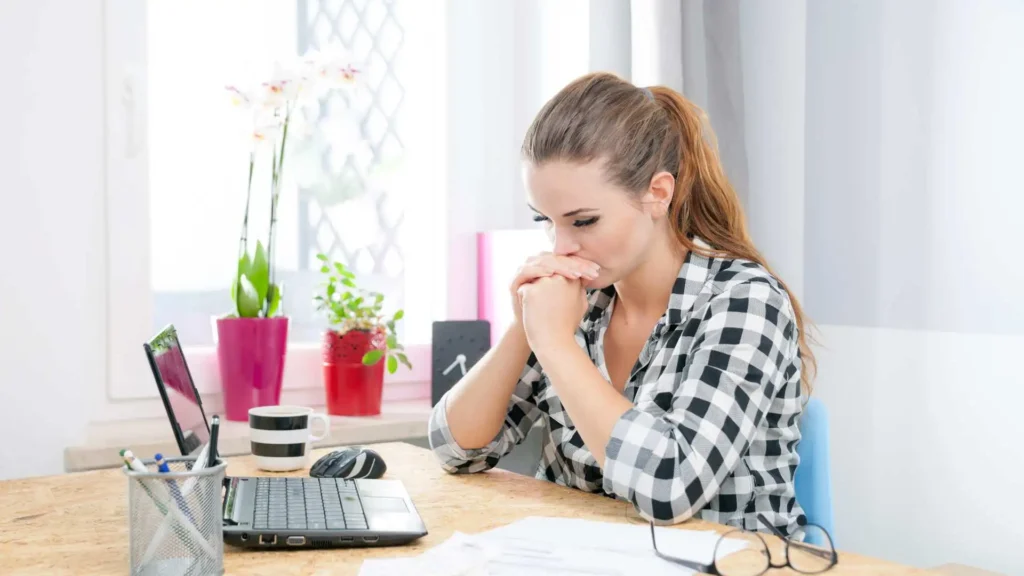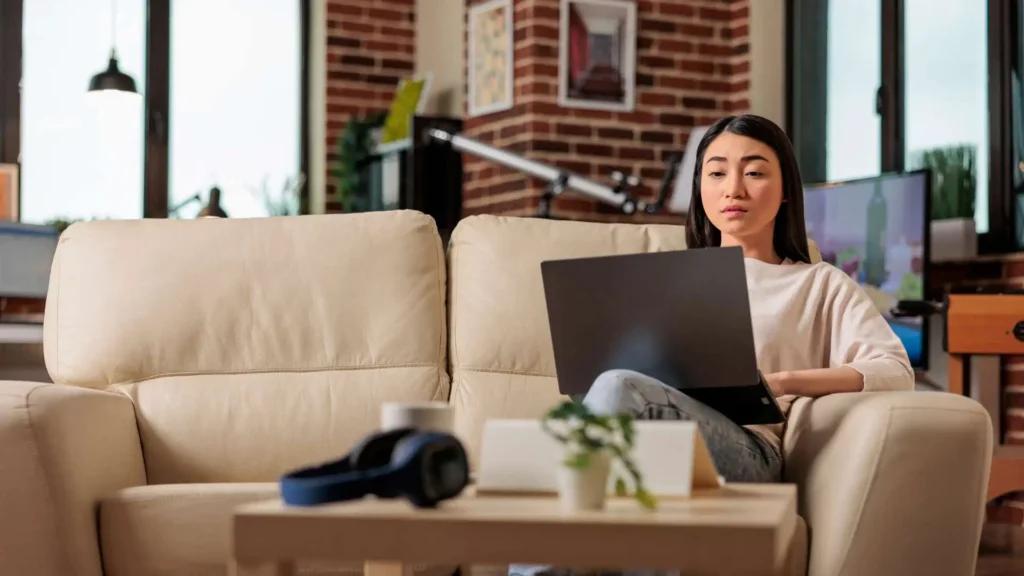Including online shopping in our lives in this digital age is a must. It is easy and fast. More and more transactions are taking place online, which increases the likelihood of falling victim to scammers. Being one of the most widely used online payment methods, PayPal has taken several measures to ensure the safety of its customers.
This article addresses whether PayPal always reimburses victims of scams. Additionally, it will examine the possible ways through which users can safeguard their money. Also, you can get a comprehensive overview of avoiding scams and what to do if you suspect you have been a victim. Reliable platforms such as Beem help you send and receive money instantly from anyone, even those without a bank account with the utmost safety of your personal information.
Does PayPal Refund Money If Scammed?
Despite PayPal’s reputation as a safe platform for online transactions, it is crucial to stay vigilant and take the necessary measures to safeguard your account. Encryption, rules to protect both buyers and sellers and two-factor authentication are just a few of the stringent security features provided by PayPal.
However, this doesn’t stop them from using other tactics to exploit their victims. If you want to keep your PayPal account safe, you should know the tricks con artists use, look for suspicious charges and know how to report scams to PayPal. To be alert, it is crucial to educate yourself.
PayPal’s Buyer Protection policy is well-known for its goal of ensuring users receive their money back in case of certain fraudulent transactions or items that do not match the description. However, remember that not all purchases are eligible and that there are restrictions and conditions to PayPal’s return policy.
When Am I Definitely Protected by PayPal?
PayPal’s Buyer Protection covers certain sorts of transactions, including payments that were not approved; things that were not delivered; and items that were completely different from what was stated.
You should familiarize yourself with PayPal’s eligibility transfer policy to determine if your situation is covered. For PayPal to provide security, buyers must meet specific requirements. For instance, for PayPal to accept your claim, you need to inform them of the problem within the specified time frame and cooperate with them throughout the inquiry.
How Can I Avoid Getting Scammed on PayPal?
Users should exercise caution and avoid falling for fraud even though PayPal provides an additional layer of security. Keeping your PayPal account secure is easy with these helpful tips:
Create a Strong Password: Create a strong and distinct password for your PayPal account. Avoid using simple passwords and update them frequently. Don’t use birth dates and easy-to-identify passwords.
Enable Two-Factor Authentication: Two-factor authentication adds protection to your PayPal account. That additional layer of protection will keep your account secure regardless of whether anyone gets their hands on your password.
Verify the Seller’s Identity: Before buying something, particularly from a stranger, verifying the seller’s identity is a good idea. If you want to know if the seller is legit, look at their reviews, ratings, and anything else you can find.
Consistently Install Software Updates: Verify your device’s current OS, browser, and security software. Developers frequently add security fixes that patch known vulnerabilities as part of their routine maintenance.
What Should I Do if I Think I’ve Been Scammed?
If you suspect you have been a victim of a PayPal scam, you must take immediate action. To effectively navigate these phases and increase the likelihood of a favorable ending, keeping a record of all the contact and transaction data is essential. To facilitate your course of action, you can follow the following suggestions.
Contact the Seller First
If you believe you have been taken advantage of, the most effective course of action is to contact the vendor immediately. Make sure that your concerns are addressed and your inquiries are answered.
Confirm that you have obtained additional information about the offer. Sometimes, talking with someone one-on-one can help clear up confusion and lead to a peaceful conclusion of whatever issues are being discussed.
Open a Dispute
The second option is to file a dispute using the platform or service you used to complete the transaction. So, if you are using PayPal, you need to connect with their support team if you can still wait in touch with the seller.
A clear definition of the issue, the presentation of evidence, and active participation in the platform’s dispute resolution process are all necessary steps in negotiating a fair final settlement.
Escalate to a Claim
In the third step, if the disagreement is unresolved, consider considering filing a claim. To proceed with the next stage, you must forward your case to the platform so they can investigate it further. This step is of the utmost importance.
You must provide all of the necessary documentation to back up your claim. It may include recordings of communications, receipts, or tracking details. Platforms usually incorporate specific processes at this step to ensure that a full review of the situation is carried out.
Contact PayPal Support
If you have tried everything else and it is still not working, contact PayPal support directly. Justify your perspective by explaining the situation, the transaction, and any evidence pertinent to the argument.
While resolving a disagreement, the customer care department at PayPal can assist you by answering your concerns. They will also guide you and take the appropriate actions to address the matter.
Conclusion
So, does PayPal refund money if scammed? PayPal’s robust Buyer Protection policy shields customers from deceit and fraud. While the site does its best to ensure the security of online payments, consumers still need to take precautions. Users can reduce their vulnerability to scams by practicing safe habits such as enabling two-factor authentication.
Following the processes outlined makes it easy for users to handle potential fraud situations. Knowing the rules and following best practices for PayPal safety allows consumers to feel safe and confident while online purchases. For more information, you can connect with our financial experts at Beem.





























